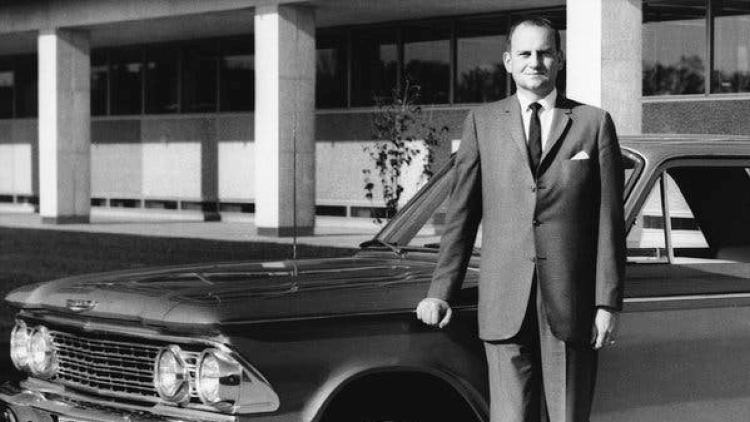Gettier Cases

It's 1961. A man stands in front of his Ford Mustang. Wait. Do I know it's his?
What counts as knowledge? For a long time, in the field of epistemology, it was commonly held that true beliefs, accompanied by relevant justification, constitute knowledge. That is, if I believe something to be true, it is true, and I can justify why, then I possess knowledge.
But what counts as justification is up to debate. With zero justification I open up my claim to epistemic luck: be correct by chance. Say, I might believe I know which side a flipped coin will land on because (my justification is) tails never fails; however, the coin showing tails doesn’t render me omniscient about flipped coins.
Generally, justification requires evidence bases, causal explanations, memories, logic—something (inside or outside our minds) which gives reason to believe. For example, I am justified in believing that Ljubljana is the capital of the Slovenia because I’ve been there and I’ve done research on it.
However, in a famously short paper, Edmund Gettier (1963) came up with counterexamples to derail JTB. The following is ‘Case II’.
(i) There is strong evidence that Jones owns a Ford: a witness, Smith, remembers seeing him in it; Smith was even offered a ride; Smith also validly infers these events from his written calendar. Therefore, Smith holds a justifiable belief.
(ii) Smith has another friend, Brown, of whose whereabouts he is totally ignorant. Smith guesses Boston, Barcelona, or Brest-Litovsk.
(iii) Smith now has a go at constructing arguments on these beliefs. Consider this one: Either Jones owns a Ford or Brown is in Barcelona, which is justified in virtue of entailing (i) despite (ii) being a complete guess.
It turns out, though, that (ii) is right: Brown is in Barcelona! However—plot twist—Smith’s Ford is a rental car! Drama. What can we say?
Well, despite (i) being justified and despite (ii) being correct Smith didn’t know either, causing (iii) to collapse. JTB fails: its conditions were insufficient for knowledge. Damn it.
Here are some other examples to think about:
- Bertrand Russell was aware of JTB's issues long before Gettier's formulations. Russell used a broken watch as an example. In one instance, when Alice checks the watch, the watch displays the 'correct time' (2 o'clock) at 14:00. However, unbeknownst to Alice, the watch stopped at 02:00. Therefore, even though Alice has justification for believing it to be 14:00 and even though she is right, she didn't know it to be the case.
- A doctor makes a diagnosis of X based on evidence; but, as the disease develops, it reveals itself to be Y. Still, the doctor's initial diagnosis represents a justified true belief.
- Robbert Brandom used chicken-sexers to exemplify the problem. Chicken-sexers palpably identify which sex chickens are—and do so reliably—but they have no idea how they do it. Can they claim they know how, given their high accuracy?
